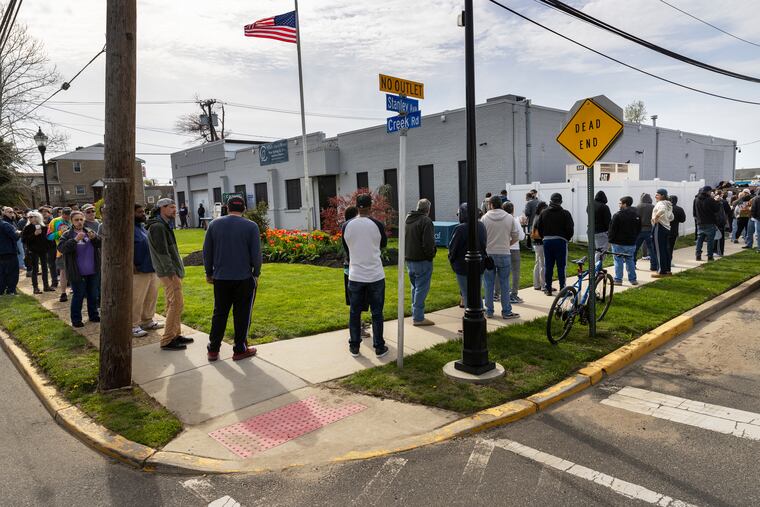Can police tell if drivers are stoned? With new ruling in N.J., the debate continues.
Drivers can be impaired by marijuana, but there is no reliable lab test for measuring it.

Can trained police officers reliably determine if drugs have made someone unfit to drive?
The answer to that question remains in legal limbo in New Jersey, where the state Supreme Court held off on deciding a long-awaited DUI case Friday.
But in referring the matter for further review, the court announced new, stricter rules for criminal court judges to determine when experts can testify about any branch of science or medicine.
Until now, judges could allow testimony about a scientific theory or methodology upon determining that it was “generally accepted” by the field in question. From now on, judges must evaluate whether the methodology is reliable, by asking questions about its accuracy and how it was tested.
It is not yet clear what the tougher standard will mean for the trained police at the center of the New Jersey case, called drug recognition experts.
» READ MORE: What to do if you're pulled over after using cannabis
Police are trained to use a 12-step method to determine if a motorist is impaired due to drugs, a process that includes assessing the suspect’s muscle tone, pulse, and eye movements, among other vital signs.
While the method can work for some drugs, scientists say it is not reliable for marijuana. That’s because the chemical components of marijuana can be detected in the body for days after it is consumed, and long after any drug-related impairment has worn off. So if a motorist appears impaired, it may be due to another cause, such as a medical condition.
The Supreme Court did not say when it would issue its final ruling, instead referring the matter for further review by a court-appointed “special master.”
The New Jersey Attorney General’s Office, which argued the case before the Supreme Court, declined to comment on Friday’s ruling.
» READ MORE: He was arrested for DUI nearly a week after using cannabis, long after the 'high' wore off
But now that the court has set a new standard for use of expert testimony, the admissibility of the police drug experts might be in question, said Michael A. Hoffman, a defense attorney in Vineland who has been following the case.
With no blood or urine test to confirm impairment due to marijuana, it is difficult to gauge the reliability of the police evaluation, he said.
“How can the theory be tested?” he said.
Pennsylvania, meanwhile, has a zero-tolerance standard for drugged driving, meaning it is illegal for individuals to drive if their blood contains even a trace of the active compound from marijuana or its metabolites. That means a motorist can be charged with driving under the influence even when not impaired.
Pennsylvania also differs in how it handles expert testimony on all matters of science and medicine, said Jules Epstein, a professor at the Temple University Beasley School of Law. While New Jersey now requires judges to determine the reliability of a theory or methodology, Pennsylvania still has the “generally accepted” standard.
“If I’m a judge in Pennsylvania, I’m supposed to defer to the scientists,” he said. “If they come in and say, ‘We all accept this,’ I say: ‘OK, the jury gets to hear it.’”